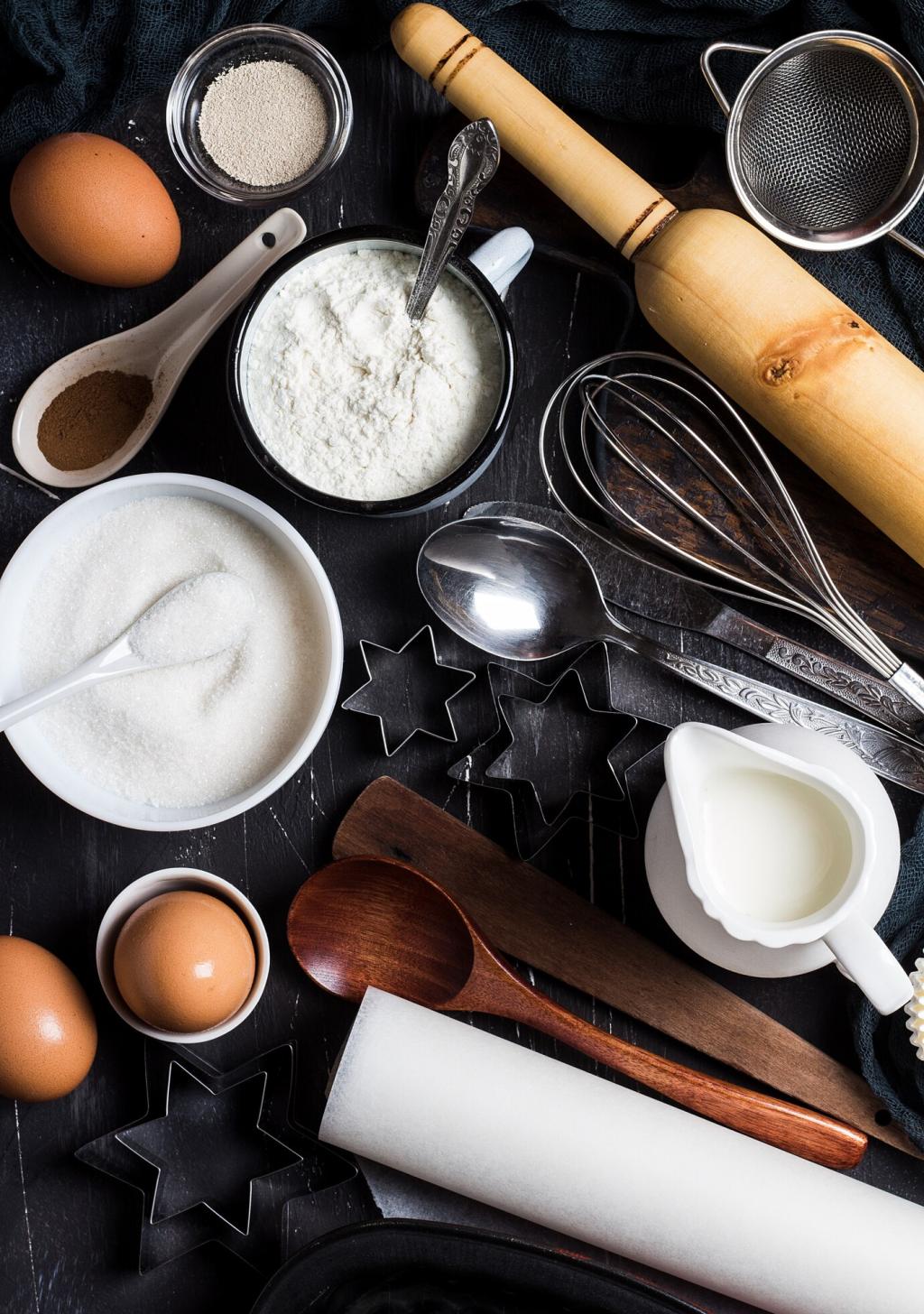
Basic Tools Every Home Baker Should Own
Every home baker, whether just starting out or honing their craft, benefits from having a solid selection of fundamental baking tools. These essential items not only make the baking process smoother but also help achieve consistent, professional results. Equipping your kitchen with the right tools sets you up for success, allowing creativity and skill to flourish as you tackle everything from simple cookies to elaborate cakes.
Measuring Essentials
Measuring Cups
Measuring cups are crucial for achieving consistency in baked goods. Using the right cup for dry or wet ingredients ensures measurements are correct, since volume shifts depending on the ingredient’s density and form. For dry ingredients like flour or sugar, flat-topped measuring cups allow you to level off excess with a straight edge, while clear, spouted measuring cups are ideal for liquids, giving you an accurate view at eye level. Durable measuring cups in both types, preferably made from sturdy materials like stainless steel or heat-resistant glass, guarantee your recipes remain reliable time after time.
Measuring Spoons
Measuring spoons allow for accuracy in small amounts, which can be surprisingly important in baking. A teaspoon too much of baking soda or a slight miscalculation of salt can have a major impact on the final flavor or rise of your baked goods. Measuring spoons typically come in a set, ranging from a tablespoon down to a quarter teaspoon or smaller. The most practical sets are easy to level off and sturdy enough for regular use, making sure you achieve exact results with every batch. Consider magnetic sets that nest together to minimize kitchen clutter and ensure they are always within reach.
Kitchen Scale
A kitchen scale provides exact measurements by weight, which is especially important for recipes that require precision, such as breads and pastries. Scales take the guesswork out of measuring and are indispensable if you want to replicate results or try recipes from different parts of the world, which may use metric units. Digital kitchen scales are now widely available, offering the convenience of quick conversion between grams and ounces and easy-to-read displays. Incorporating a scale into your baking routine is one of the simplest ways to elevate both everyday treats and new baking experiments.
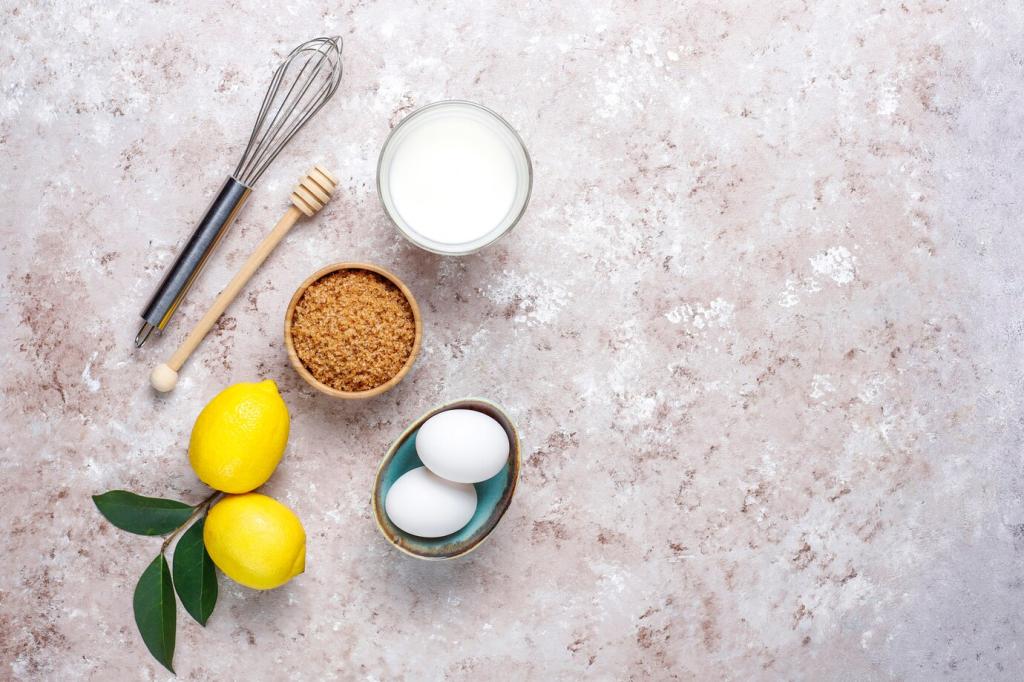
Mixing Bowls
Mixing bowls form the core of the baking process, housing every batter, dough, or frosting at various stages. Ideally, a set should come in multiple sizes, accommodating everything from whipping a single egg to combining the components of a cake. Look for mixing bowls with wide rims and stable bases—they facilitate efficient mixing and help prevent spills, even during vigorous whisking or blending. Glass, stainless steel, and high-quality, BPA-free plastic all offer durability and are easy to clean. Some bakers prefer glass for its nonreactive properties, especially when working with acidic ingredients like buttermilk or citrus.
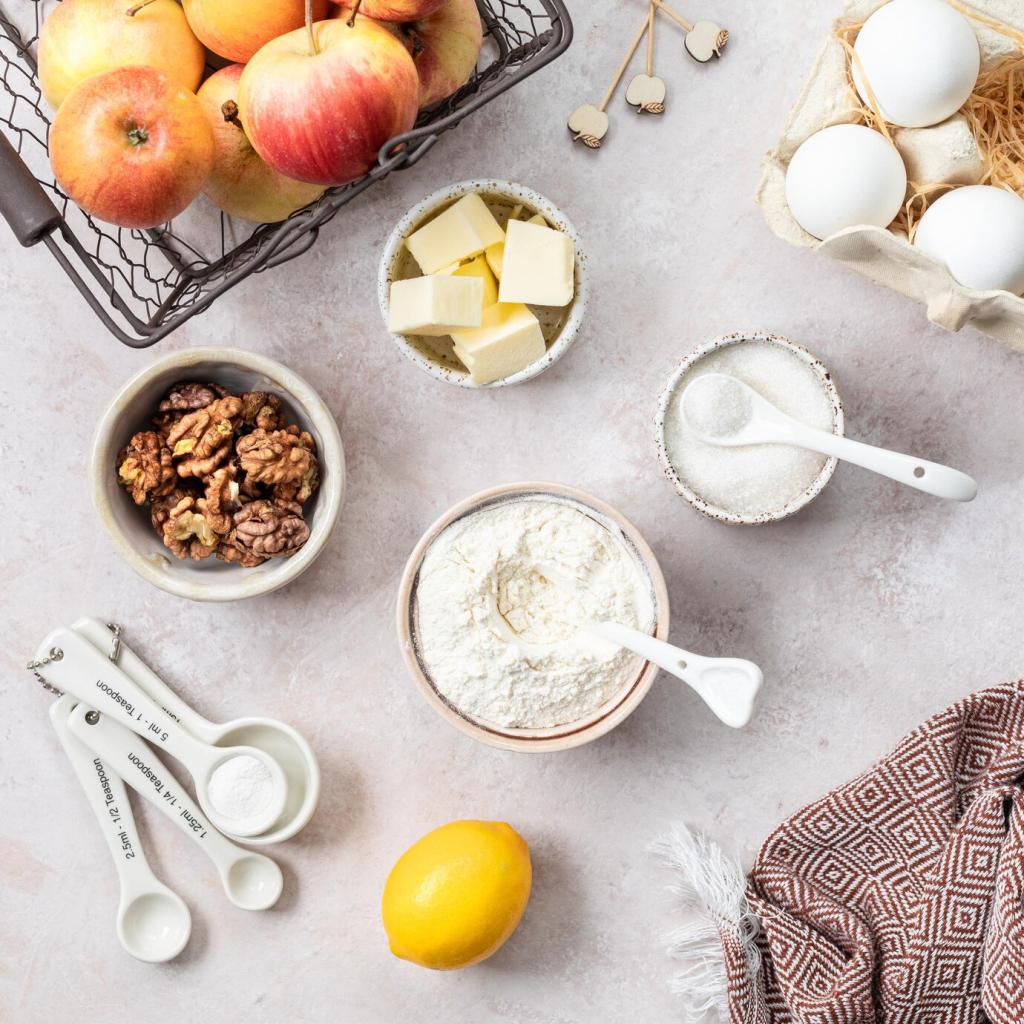
Whisks and Spatulas
Whisks and spatulas complement each other perfectly in the baker’s toolkit. A sturdy whisk helps aerate mixtures and combine dry ingredients, ensuring an even, lump-free result. Silicone or metal whisks come in various shapes and sizes, suited for everything from gentle folding to vigorous whisking. Silicone spatulas, meanwhile, are critical for scraping down bowls and folding ingredients together without deflating air. High-quality spatulas tolerate high temperatures and provide flexibility as well as strength, making them a reliable extension of your baking hand.
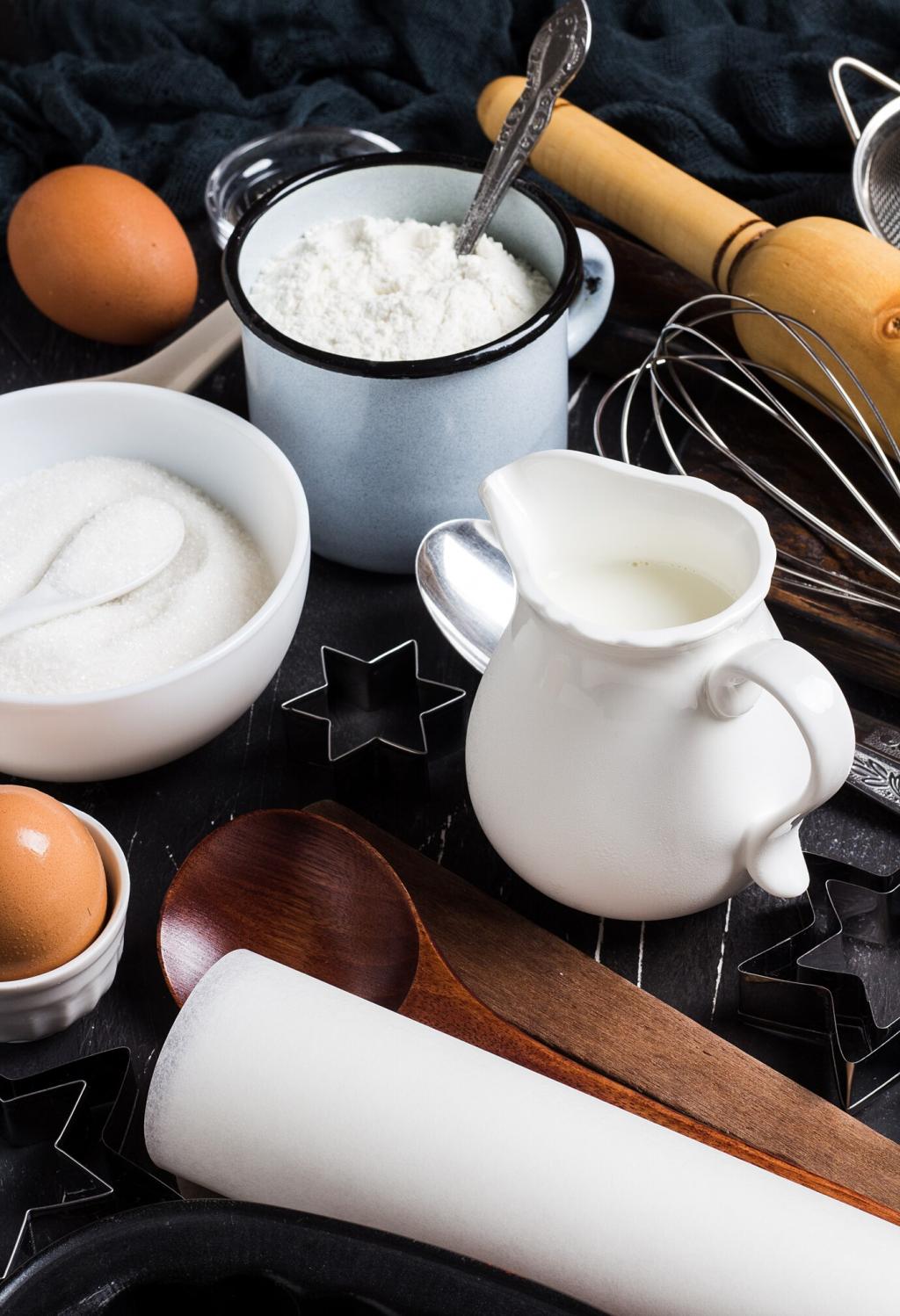
Hand Mixer or Stand Mixer
For bakers seeking speed and power, a hand mixer or stand mixer is a true asset. Even basic models can cream butter, whip egg whites, or knead dough far more efficiently than with manual tools alone. Hand mixers provide flexibility and take up minimal counter space, while stand mixers offer greater power for larger batches and heavy bread doughs. Both significantly reduce preparation time and guarantee consistent mixing for all kinds of baked goods. While not mandatory, investing in either tool quickly pays off in improved results and less physical effort.
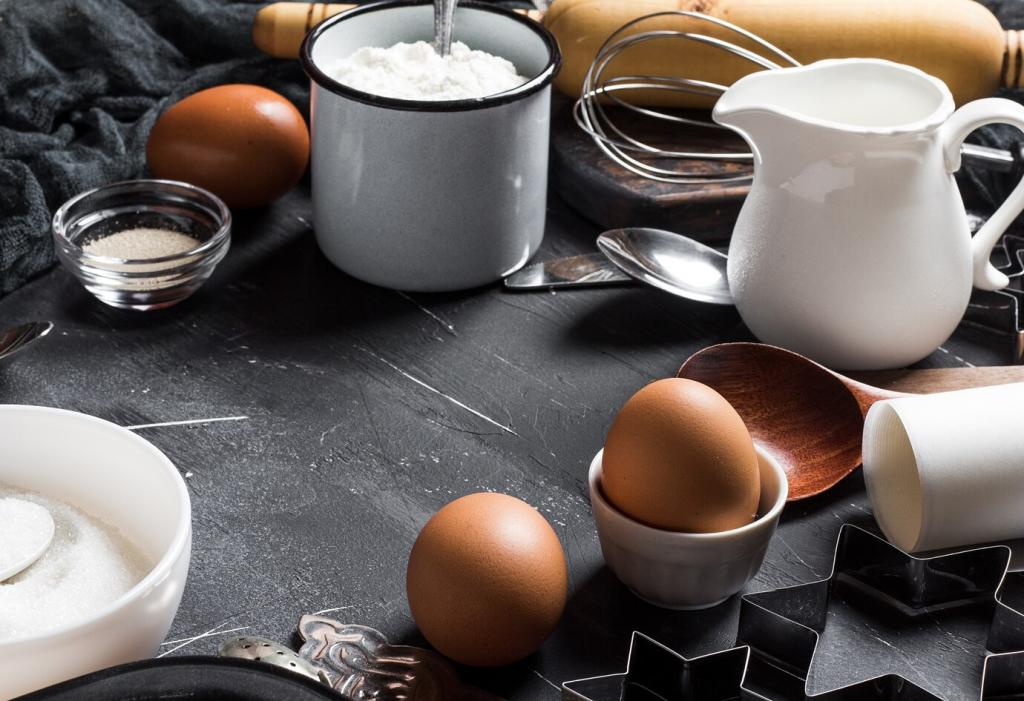
Baking Surfaces and Pans
Baking sheets are truly versatile, supporting everything from cookies to roasted vegetables. Heavy-gauge sheets made from aluminum or aluminized steel conduct heat evenly, preventing hot spots that cause uneven browning. Look for sheets with rolled edges, which resist warping at high temperatures and provide a safe grip. A good set of baking sheets should include both rimmed and flat versions, with at least one fitting comfortably in your oven. Lined with parchment paper or silicone mats, the best sheets ensure easy release and simple cleanup, making baking both easier and more productive.
